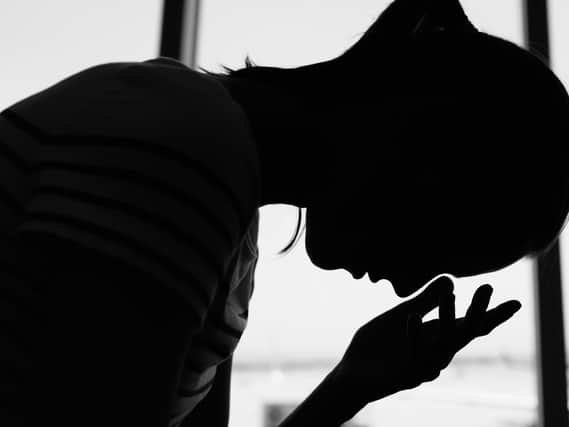Poorest hit hardest by pandemic - both economically and socially


Yet despite the economic and employment impact of the pandemic being more significant for those already living in poverty, more people than not believe the crisis has brought society together and improved relationships.
The report, by the Social Metrics Commission (SMC), also showed that those in poverty were more likely to have felt lonely before lockdown began and are more likely to feel more lonely as a result of the crisis.
Advertisement
Hide AdAdvertisement
Hide AdBaroness Philippa Stroud, chairwoman of the SMC, said she was encouraged that people believe the crisis has united society.
She continued: “However, the findings also highlight the resilience gap between those living in poverty and those above the poverty line.
“In addition to financial struggles, our data shows that those in poverty were more likely to have felt lonely before lockdown began and are more likely to feel more lonely as a result of the crisis.
“Research has demonstrated the disastrous effects that loneliness can have on our physical and mental wellbeing, so it is important that the social and mental health challenges facing the most vulnerable are considered alongside economic ones as we build the road to recovery.”
Advertisement
Hide AdAdvertisement
Hide AdHelen Barnard, acting director of the Joseph Rowntree Foundation, said: “In a society that believes in looking out for each other, it’s just not right that the groups already more likely to be trapped in poverty before the pandemic, such as disabled people and those of Black and Asian ethnicities, are those most likely to be pulled into even deeper hardship by the current economic crisis.”
A Government spokesperson said: “We know that this is a particularly difficult time for many on low incomes and have introduced a wide-ranging package of support to help as many people as possible.
“We’ve injected an extra £9.3 billion into the welfare safety net, including increasing Universal Credit by up to £1,040 a year.
“We have also launched a major effort to tackle loneliness and social isolation during the coronavirus outbreak.
Advertisement
Hide AdAdvertisement
Hide Ad“This includes a £5 million funding boost for national loneliness charities, relaunching the #LetsTalkLoneliness campaign, and publishing new public guidance on how to look after yourself and others safely.”